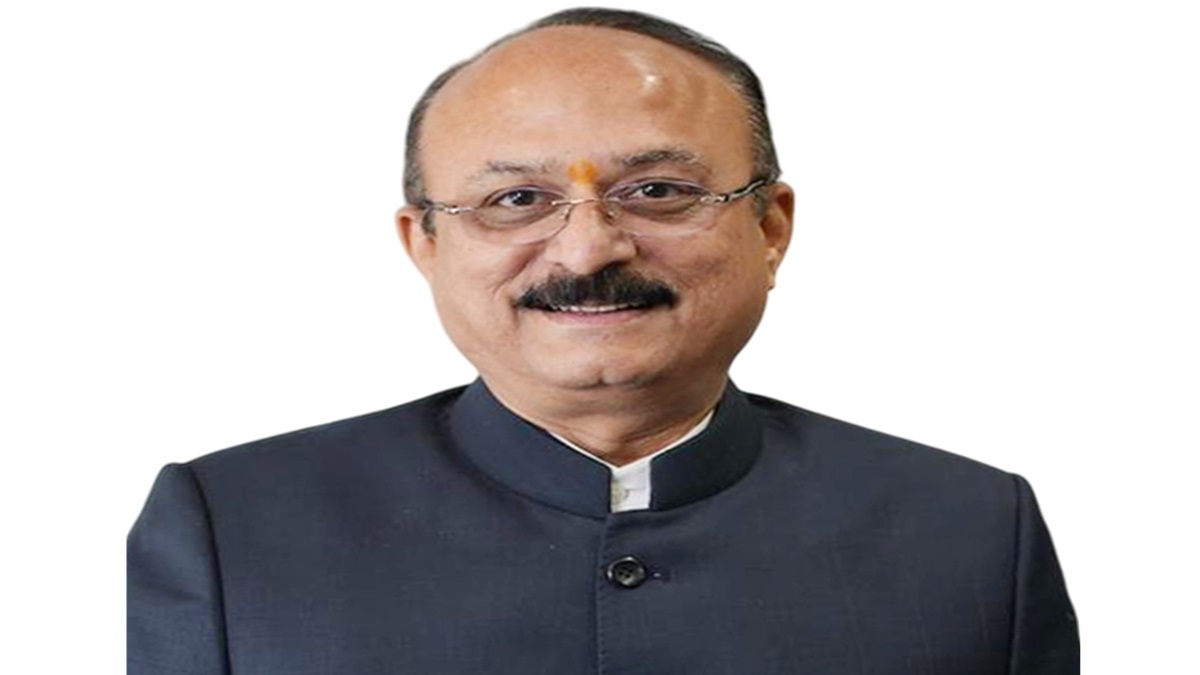Delhi Education Bill 2025 has come into effect, Education Minister has said that all private schools will have to follow new fee regulations.
Delhi Education Bill, 2025 to control arbitrary fee hike in schools and ensuring transparency has come into effect in Delhi, after its passage by state assembly. Delhi Education Minister Ashish Sood has announced that all 1,700 private schools will now be governed by new fee regulation law, replacing outdated 1973 framework that covered only 300 schools.
New law mandates that any proposed fee hike by schools must be approved by a School Level Committee, which will include parents, teachers, administrators, and a Delhi government observer. If disputes arise, they can be escalated to District Appellate Committees and finally to a State Level Revision Committee, ensuring checks at every stage.
Sood has stressed that this bill empowers parents by giving them a decisive role in fee regulation. “Parents will no longer be at the mercy of schools when it comes to arbitrary hikes. Transparency and accountability are now built into the system,” he said.

Fee legislation also prescribes strong penalties for violations. Schools found guilty of increasing fees without approval can face fines ranging from ₹1 lakh to ₹10 lakh, with penalties doubling if excess collections are not refunded. Director of Education has been granted power equivalent to a Sub-Divisional Magistrate to enforce compliance, including freezing assets or revoking school recognition in extreme cases.
Delhi Chief Minister, Rekha Gupta described new law a “revolution in Delhi’s education system,” asserting that it would balance interests of parents and schools as well as ensure quality education remains accessible.
Read More:
Follow Shiksha.com for latest education news in detail on Exam Results, Dates, Admit Cards, & Schedules, Colleges & Universities news related to Admissions & Courses, Board exams, Scholarships, Careers, Education Events, New education policies & Regulations.
To get in touch with Shiksha news team, please write to us at news@shiksha.com

 Call 8585951111
Call 8585951111
Abhay Anand is an experienced education journalist with over 15 years in print and digital media. Currently serving as Manager- Editorial at Shiksha.com, he specializes in higher education policy, student mobility,
Read Full Bio